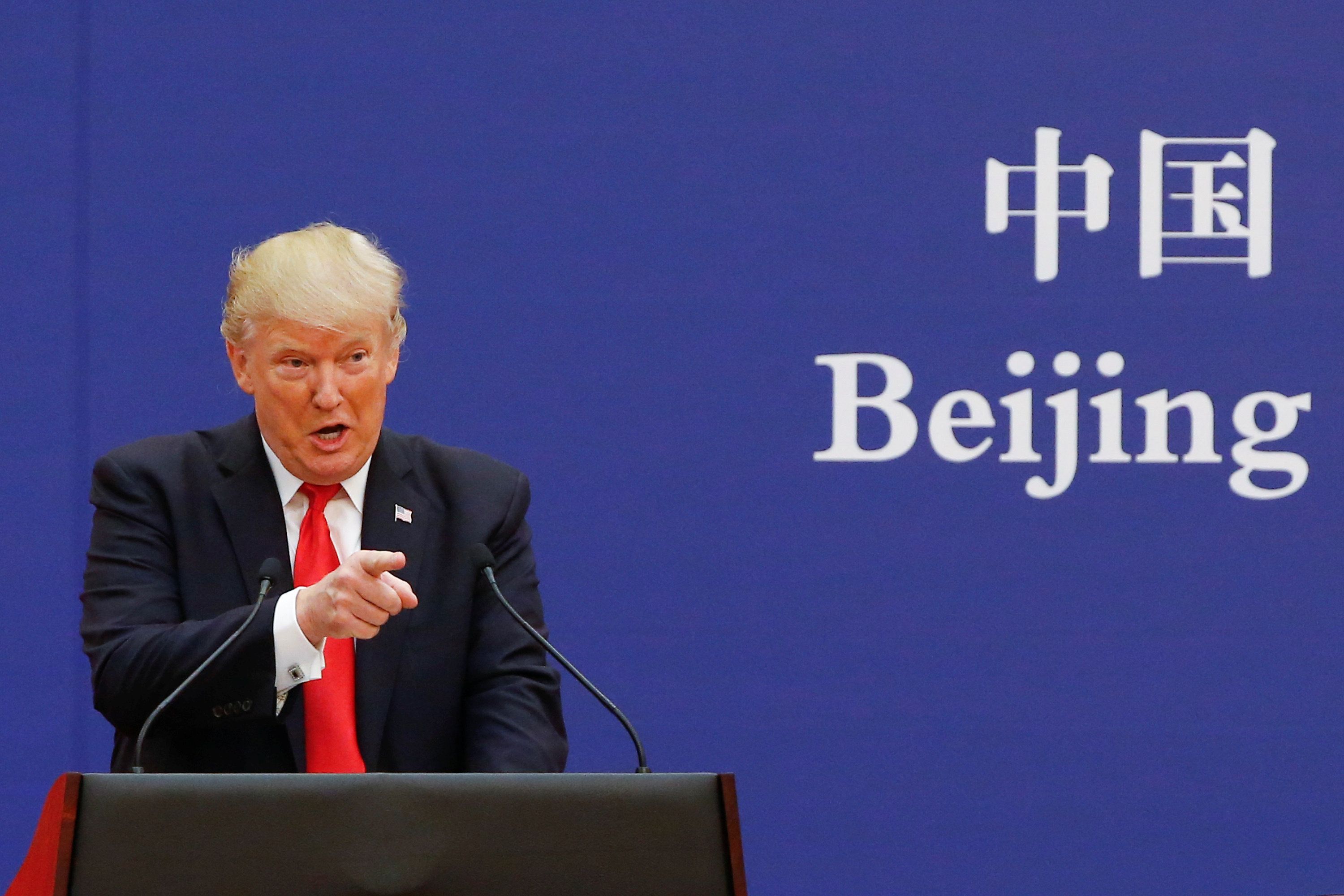October 05, 2018
In your Tuesday edition, I wrote about the new US-Mexico-Canada trade agreement—known variously as the USMCA, “New NAFTA,” or the “Tremendous Rejiggered Unbelievable Manufacturing Pact”—and why it’s a political win for Donald Trump.
But there’s another noteworthy aspect of this deal that has since become public.
There’s a stipulation near the end of the new agreement that parties to the deal must notify the other members three months in advance if they intend to begin trade negotiations with a “non-market” economy (that would be China). They must also explain what they intend to negotiate and why.
In addition, before signing any such trade deal, the other members have the right to review its terms to assess what impact it might have on their own economies. Any breach of these terms could terminate the USMCA.
In other words, the US claims the right to essentially veto any trade deal that Canada or Mexico might negotiate with China, which the US insists, not without reason, is a “non-market economy.” Canada’s Prime Minister Justin Trudeau claimed this week that this stipulation in no way undermines Canada’s right to choose its own trade partners, but it appears to force Canadian (and Mexican) negotiators to choose between access to China’s market and access to the US market.
This may well become a contentious issue as lawmakers in Canada, Mexico, and the US debate the deal’s ratification.
More For You
GZERO Media is seeking a video producer with strong writing skills and a passion for global affairs. He/She/They will have an opportunity to work with a growing team of talented journalists, producers, and editors crafting unbiased and compelling geopolitical content. This position will last approximately four months beginning in January 2026.
Most Popular
Think you know what's going on around the world? Here's your chance to prove it.
With widespread AI adoption across sectors, its economic impact is no longer theoretical. It’s measurable. The result? New waves of innovation and a more AI-powered economy. Subscribe to Bank of America Institute for deeper insights on AI’s impact.
Ultra-Orthodox Jewish children hold makeshift gallows as part of a protest against attempts to change government policy that grants?ultra-Orthodox?Jews exemptions from military conscription, in Jerusalem, March 20, 2024.
REUTERS/Ronen Zvulun
Here we go again: Israel’s Knesset is once more considering a bill that would force certain ultra-Orthodox Jewish men, who are part of the Haredi sect, to serve in the military – just like the rest of the country.
© 2025 GZERO Media. All Rights Reserved | A Eurasia Group media company.
